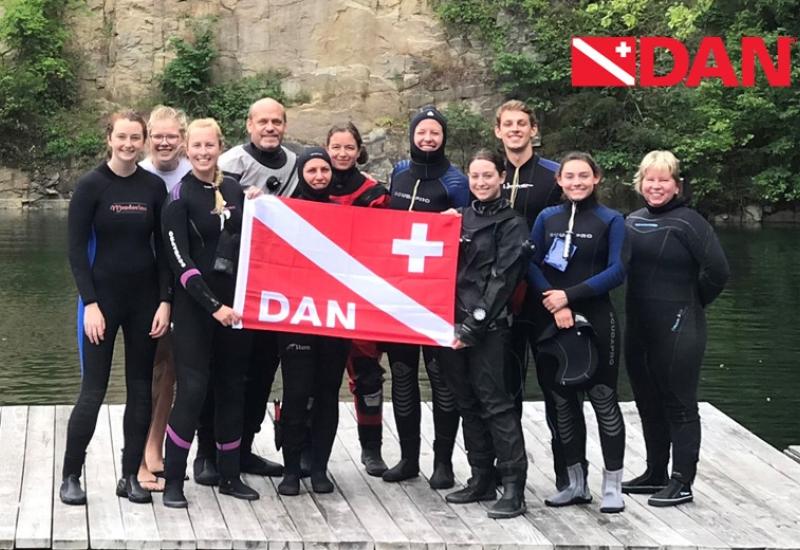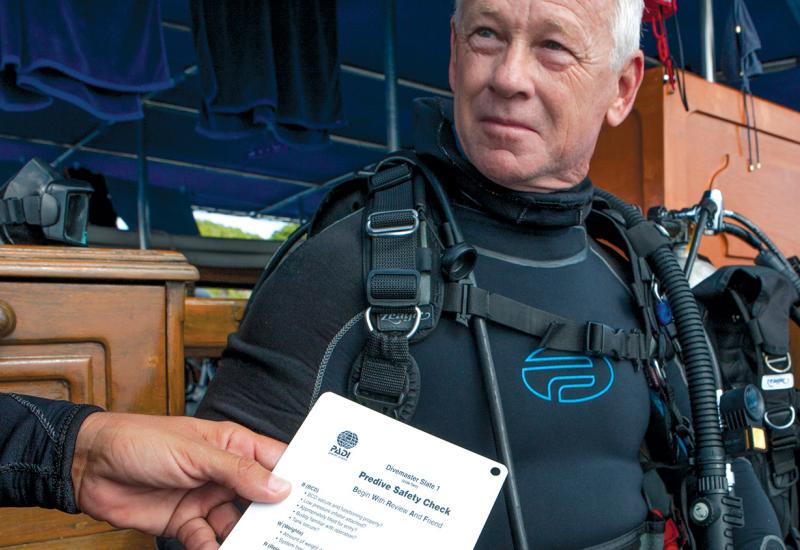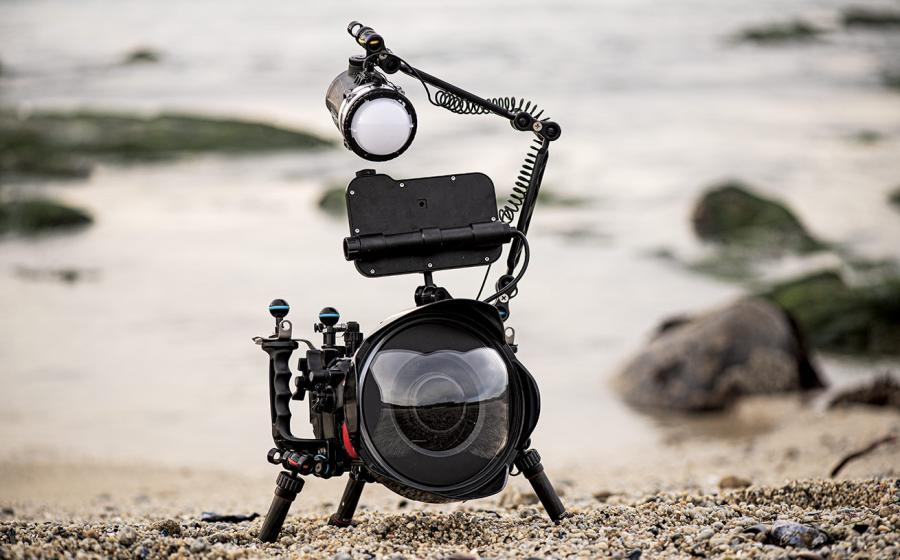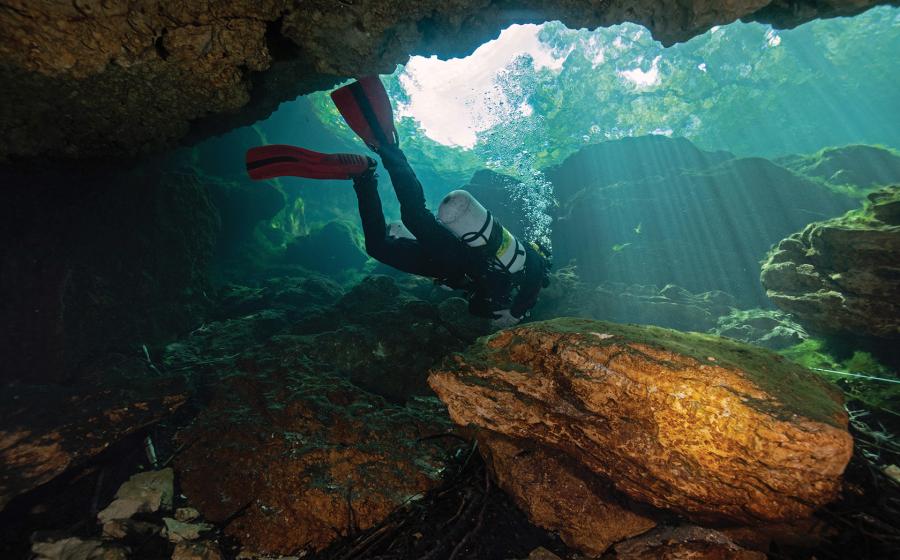Ask DAN: How Is Anxiety Related to Scuba Diving Fitness?
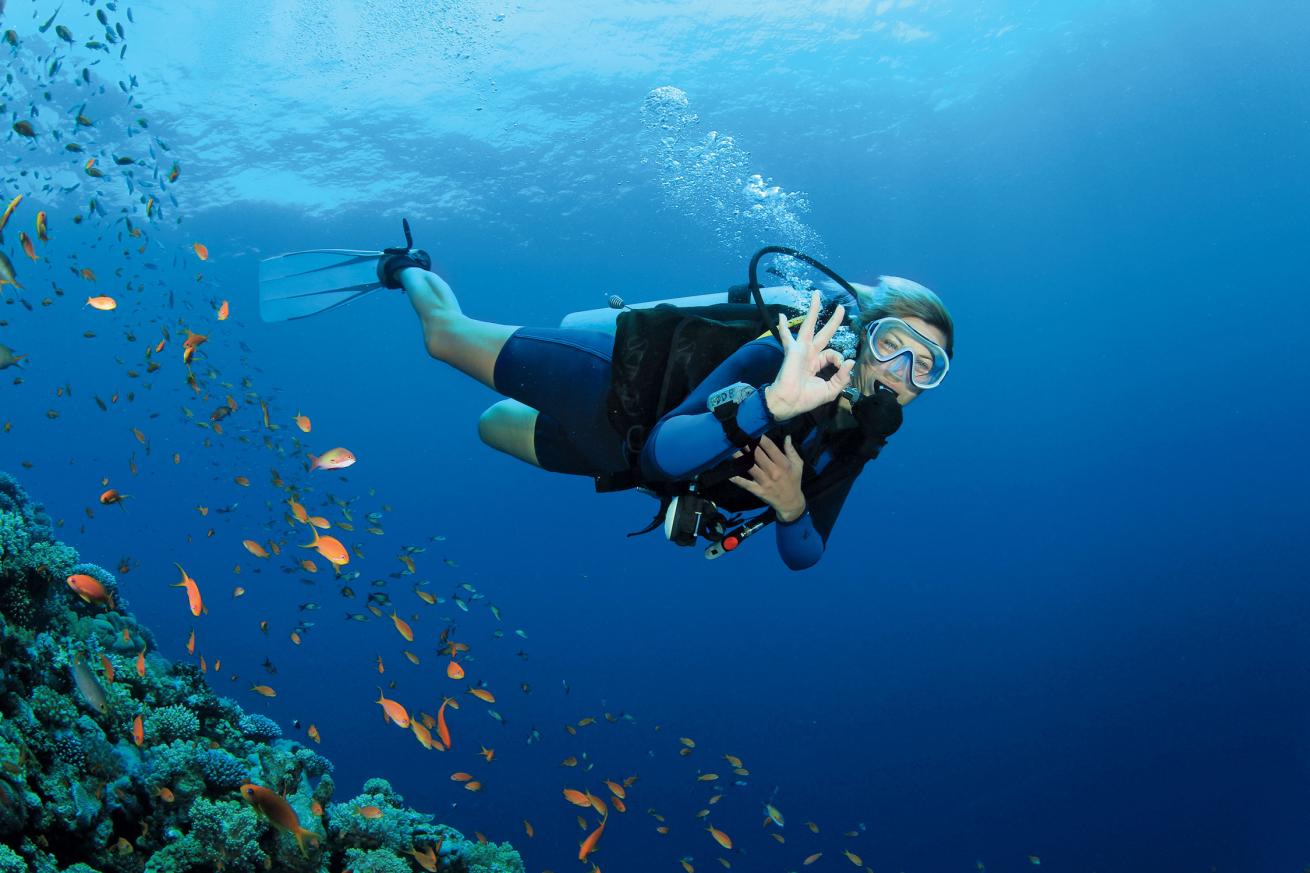
istockphotoLearn to recognize the signs of stress before they lead to panic.
After experiencing personal and professional difficulties, Peter returned to diving to relieve stress. After completing a refresher course and several local dives, he decided to learn to wreck dive. During his first wreck dive, he became entangled in fishing line that he was unable to cut with his knife. As he struggled to free himself, he quickly panicked; watching the numbers on his gauge drop made him only more frantic. Luckily, his dive buddy was able to cut him free.
What Is Anxiety?
Mental preparation and clarity are important components of dive fitness. Underwater, a diver must be able to cope with stress to safely complete a dive. Anxiety, manifested as an overwhelming sense of apprehension or fearfulness, can produce psychological and physical symptoms, which can include clouded decision-making, jitters, paranoia, the inability to focus, and irrational behavior.
Two Plus Two Doesn’t Always Equal Four
Anxiety can also compound, which means that prior stress can heighten current levels of stress — making any given situation more dangerous. During Peter’s incident, it is possible that the daily stressors in his life reduced his ability to think clearly. When coupled with his potentially serious dive situation, this led to an elevated state of panic.
Is Some Anxiety Normal?
It’s normal to have low levels of anxiety, and many people experience this feeling from time to time. However, high levels of anxiety can be dangerous, and this condition should be addressed by your doctor before you dive.
Be Honest with Yourself
A recreational diver should learn to recognize stress and understand the difference between mild stress that can heighten awareness and elevated levels of stress that can reduce decision-making ability and trigger panic. Certain medications, conditions and existing psychological factors can raise a diver’s anxiety level. Divers who are in this higher-risk category should take more time to mentally prepare before getting into the water, or consult a doctor if necessary. Be honest with yourself, and don’t initiate a dive that you aren’t ready for — either mentally or physically.
Elevated Stress-Level Warning Signs
» Rapid breathing or hyperventilation
» Irritability or distractibility
» Imaginary equipment problems
» Stalling, e.g., taking too long to gear up or enter the water
» Being overly talkative or becoming withdrawn
» Muscle tension
» Wild-eyed look or avoiding eye contact
» “Escape to the surface” behavior
Be Responsible
Each diver shares responsibility for his or her conduct and for the outcome of the dive. It’s important to recognize when you or another diver in the group are experiencing signs of high stress that may compromise the safety of the dive. When in doubt, call off the dive. It’s always OK to say no.
For more dive training, dive safety and diver health recommendations and tips, visit the Training, Safety and Health section of our website.
Learn more about anxiety at dan.org/Medical/Anxiety.


